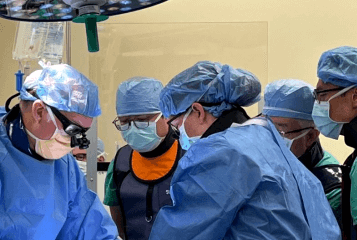Swiss Stem Cells Clinics in Fribourg for Neuropathy Treatment
Fribourg’s Swiss stem cell clinics offer innovative neuropathy treatments using regenerative medicine. Stem cell therapy aims to repair damaged nerves and alleviate symptoms such as numbness, dor, and weakness. By analyzing the latest research and clinical outcomes, this article provides insights into the potential benefits and limitations of stem cell therapy for neuropathy.

















